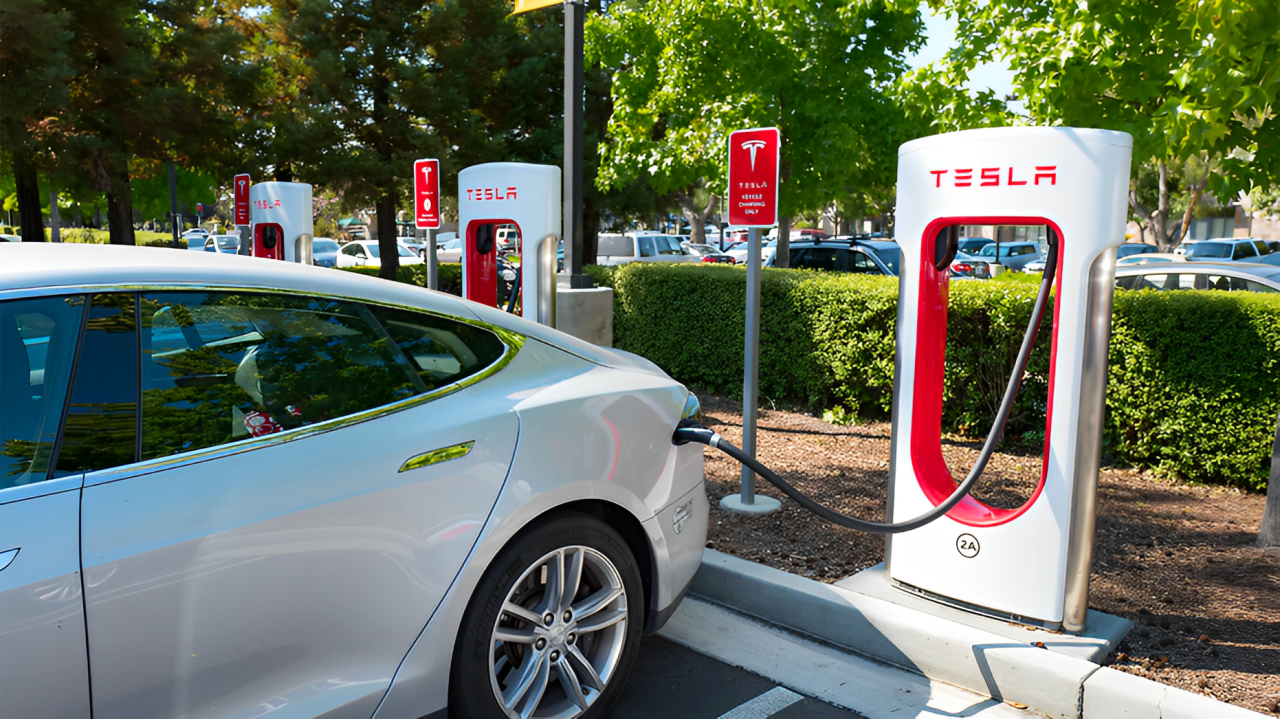California—On November 25, California Governor Gavin Newsom unexpectedly unveiled a proposal to reinstate the state’s popular $7,500 Clean Vehicle Rebate Program (CVRP). This comes amid concerns that the incoming Trump administration might eliminate the federal electric vehicle (EV) tax credit, a decision that could significantly impact the electric car market.
The new plan will include market-share limitations that could exclude popular EV models from Tesla. This is a major shift in the state’s EV policy and has raised eyebrows across the EV community, especially since Tesla is one of the largest producers of electric vehicles in California.
What Does This Mean for Tesla?
Tesla CEO Elon Musk took to social media platform X (formerly Twitter) to express his disbelief. He pointed out that Tesla is the only company that manufactures its EVs in California, calling the decision “insane.”
Despite being a leader in electric vehicle sales, Tesla may be left out of the rebate program, which could directly affect its sales in the state. Tesla’s sales have already seen a 13% drop in the first half of 2024, and exclusion from the rebate program may further reduce their numbers, especially as more consumers shift to more affordable EVs from other manufacturers.
In the first half of 2024, Tesla sold 104,000 cars to California residents. The possibility of Tesla being excluded from receiving rebates could make their vehicles less attractive to budget-conscious buyers, who might prefer other EV brands that still qualify for the credits.
The Federal EV Tax Credit Controversy
The background of this issue involves the federal electric vehicle tax credit, which has been a key factor in making EVs more affordable for American buyers. However, President-elect Donald Trump’s transition team is reportedly planning to eliminate this tax credit as part of a broader tax reform package.
Elon Musk has already spoken out about this potential policy change. He acknowledged that eliminating the federal tax credit might slightly impact Tesla’s sales, but he warned that it would be “devastating” for U.S. competitors in the EV market. Companies like General Motors (GM), Toyota Motor Corp., and Volkswagen have all called for Trump to keep the tax credits in place, citing the need to level the playing field with heavily subsidized Chinese EVs and technologies.
Tesla has already exhausted its allocation of federal EV credits under previous programs, meaning that automakers have no further access to these incentives. If the federal tax credit is eliminated, Tesla’s competitors could be at a disadvantage, potentially stalling the growth of the EV industry in the U.S.
California’s EV Sales Surge
Despite the uncertainties surrounding federal policies, California has continued to embrace electric vehicles. According to Newsom’s office, Californians purchased 115,897 zero-emission vehicles (ZEVs) in the third quarter of 2024. This represents 26.4% of all new vehicle sales in the state, which shows that consumers are still eager to adopt cleaner, more sustainable transportation options.
Since its inception, the Clean Vehicle Rebate Program has helped fund over 594,000 electric vehicles, making it one of the most successful programs in the country for promoting green technology.
What’s Next for California’s EV Rebate Program?
The new proposal to revive California’s rebate program is still being negotiated with the state legislature, and the details could change. According to Newsom’s office, the funds for the rebates could come from California’s Greenhouse Gas Reduction Fund, which is financed by polluters under the state’s cap-and-trade program.
In addition to the rebates, California is also planning to invest in the development of a robust charging network. This will be essential in ensuring that EVs remain practical for everyday use across the state, especially as the demand for electric vehicles continues to rise.
The Governor’s office emphasized that the new program’s goal is to reduce the cost of EVs and foster innovation and competition within the zero-emission vehicle market.
Conclusion
California’s push to bring back its $7,500 EV rebates is a positive step toward promoting sustainable transportation, but Tesla’s exclusion from the program could have significant implications for the electric vehicle market. As the state moves forward with this plan, it will be interesting to see how the situation develops, particularly in light of federal policy changes that could either help or hinder the adoption of EVs across the country.
With sales of electric vehicles surging in California, the demand for clean-energy vehicles is only going to grow. How California, Tesla, and other automakers navigate the upcoming challenges will shape the future of electric transportation in the U.S.
Note: Every piece of content is rigorously reviewed by our team of experienced writers and editors to ensure its accuracy. Our writers use credible sources and adhere to strict fact-checking protocols to verify all claims and data before publication. If an error is identified, we promptly correct it and strive for transparency in all updates.








